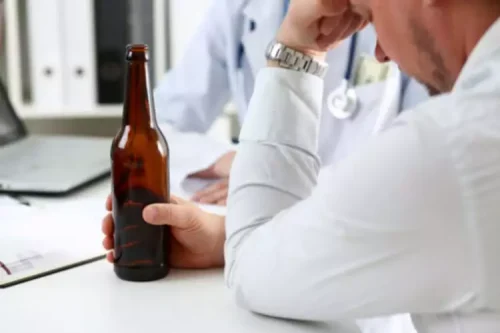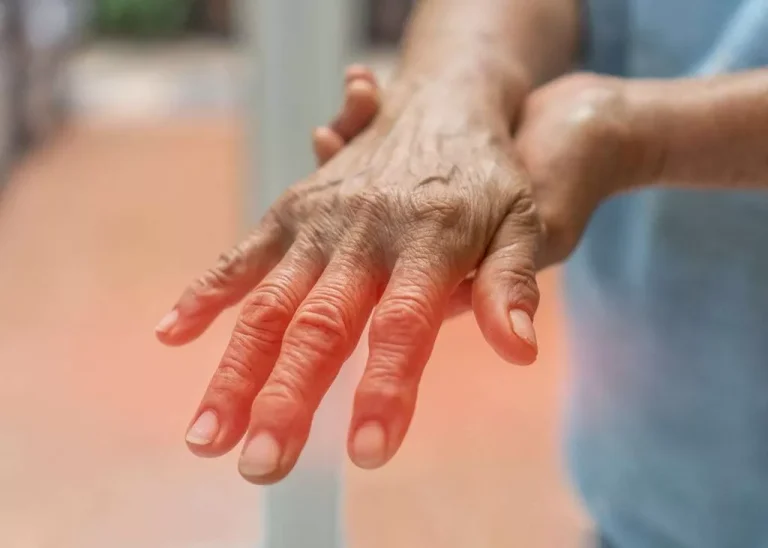How to Stop Alcohol Withdrawal Shakes & Reduce Tremors
10 January 2024
The most effective way to prevent hangover shakes is to avoid alcohol use. The liver metabolizes alcohol at a rate of approximately one drink per hour, and any remaining alcohol continues to circulate in the bloodstream. There is no way to speed up metabolism or shorten hangover recovery time. The duration of hangover symptoms, such as the shakes, depends on how much alcohol a person has consumed. Eating healthy plays a significant role in a person’s successful recovery.
- Alcohol shakes are diagnosed based on a person’s medical history and a physical and neurological examination.
- During outpatient treatment, patients meet medical treatment providers for a few hours at a time, usually around two to three times a week.
- Deep breathing is an essential component to many of these practices and works to trigger the body’s natural relaxation response.
How Long Do Tremors Last?
Those with a wider circle of support have a better chance of staying sober. If any or all of the signs above look familiar to you, you should consult with your primary care physician or another qualified professional. Completing a thorough evaluation and receiving an accurate diagnosis can be important steps on your path toward an alcohol-free future.

Treatment Options for Alcohol Tremors

While uncomfortable, alcohol shakes are usually not life-threatening on their own and can be managed with proper care and treatment. People with alcohol use disorder who suddenly stop drinking may also have a spike in an amino acid called glutamate. Glutamate causes some common delirium tremens symptoms, such as a sudden, extreme spike in blood pressure, tremors, severe excitability, and seizures. DTs are severe, potentially deadly, symptoms that may include a racing heart, profuse sweating, confusion, vivid hallucinations and delusions. It’s estimated that about 4-5 percent of people undergoing alcohol withdrawal experience the DTs.
- Hangover shakes are believed to be a result of changes in the nervous system that are similar to those seen in alcohol withdrawal syndrome.
- Additionally, alcohol tremors may be a symptom of a more serious condition, like delirium tremens, which necessitate immediate medical attention.
- “Specifically, regarding the central nervous system, alcohol slows down the cerebral cortex process, which can lead to poor judgment,” Dr. Fiani says.
- With multiple treatment centers throughout the United States, American Addiction Centers offers everything from detox and inpatient treatment to outpatient treatment and aftercare.
Neurological Effects of Alcohol

We also serve patients whose struggles with alcohol are accompanied by anxiety, depression, and other dual diagnosis disorders. If compulsive alcohol abuse is preventing you from living the productive and satisfying life you deserve, Peachtree Recovery Center is here to help. how to stop alcohol shakes Treatment for alcoholism can take place at several levels of care and involve a variety of therapies and support services. This doesn’t mean that shakiness is definitive proof that you have become addicted to alcohol – but it is a cause for concern that you shouldn’t ignore.

This may lead to the brain sending incorrect messages to the nerves in the hand, making the hands and fingers shake. “The number of yes answers determines the degree to which one’s substance use is problematic,” McMahon says. For https://ecosoberhouse.com/ example, two or three yeses might signal a mild alcohol use disorder, four or five a moderate disorder, and six or more a severe disorder. It’s best not to overdo it when it comes to alcohol and stick to two drinks or less a day.
Delirium Tremens Causes and Risk Factors
- This includes a potentially fatal brain condition called hepatic encephalopathy.
- Hangover shakes are typically considered a minor symptom of alcohol withdrawal.
- Because of this, detoxification from alcohol should always be done under medical supervision.
It is often caused by reducing or stopping alcohol intake after a period of heavy drinking. Immediate medical care is necessary for individuals experiencing delirium tremens [2]. It is crucial to note that shaking and sweating after drinking alcohol can sometimes indicate underlying health conditions. If these symptoms persist or are accompanied by other concerning signs, it is advisable to seek medical attention for proper evaluation and diagnosis. These depressant actions wear off after a person stops drinking alcohol, and the nervous system becomes overexcited.
- A score of 15 or higher means you’re at high risk for delirium tremens.
- It releases hormones like adrenaline, which can make you feel shaky, sweaty, and anxious.
- For most people, alcohol withdrawal symptoms will begin sometime in the first eight hours after their final drink.
- They may yet experience the Delirium Tremens, which can include violent seizures.
